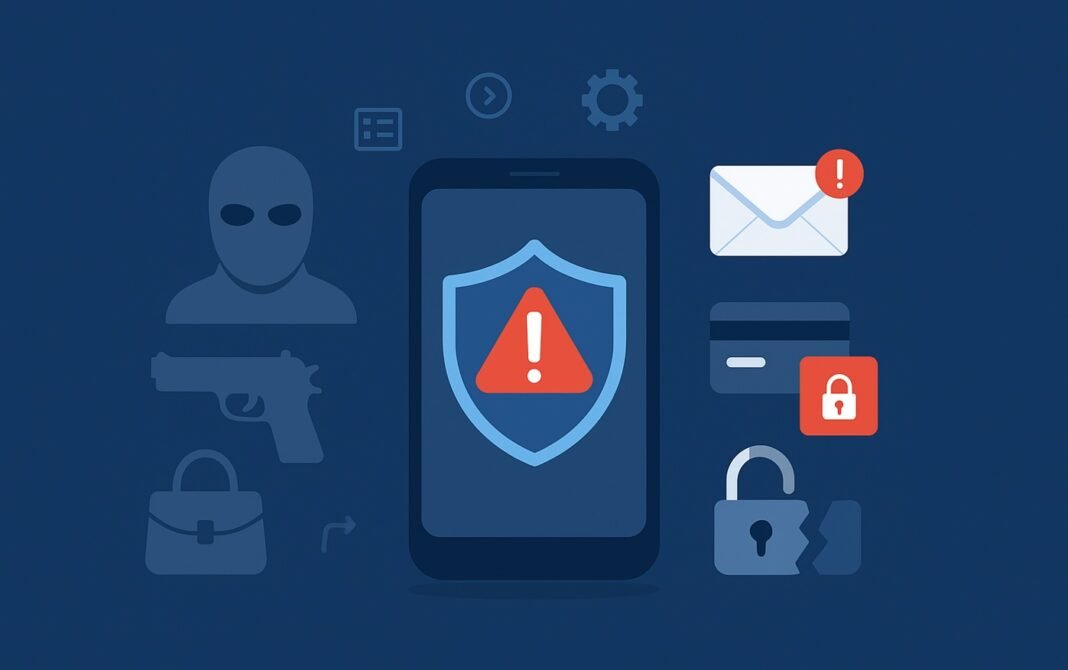This article is the introduction to a series on scams and frauds. You can read the other texts here.
From 2017 to 2023, intentional homicides in Brazil fell by around 36%[1]. It represents a significant improvement in a type of crime that has a profound impact on a country’s security conditions.
Furthermore, robberies in general, another relevant kind of crime, have decreased too. From 2018 to 2024, cases fell by 50.5%[2].
Despite such good news, violence has been seen as the biggest concern for Brazilians today. A recent survey from Genial/Quaest, disclosed in May, showed that for 29% of the respondents, violence was the biggest problem in the country at the time. In the previous survey, 26% cited violence as their main concern.
Among other factors, the increase in other types of crimes helps to explain this phenomenon. Fraud is a remarkable group of crimes that has been rising in numbers, and it is likely influencing this perception of insecurity. From 2018 to 2024, cases rose by 407%.

The digitalization of services – online banking, shops, communication, dating etc. – and the restrictions of the COVID-19 pandemic boosted this trend. Criminals also noticed that frauds could give much more returns with less risk and smaller punishments, in comparison to robberies.
The change brings positive and negative consequences. The good part of it is that there is less violence on the streets, especially physical violence.
Nonetheless, rising crimes, like scams, create a feeling of vulnerability. Criminals invade their victims’ privacy, steal data – even something irreplaceable such as biometrics. Besides, they can do that at any time, through calls, video calls, emails, SMS, WhatsApp, internet links, and more.
Finally, traditional robberies could normally subtract only the belongings being carried by the victim. While frauds can steal much more through illegal loans, credit cards, and remove all the money from the victim’s bank accounts.
This scenario puts security forces in a tough situation. Traditionally prepared to deal with other kinds of crimes, police forces often lack the necessary resources to cope with a new demand. Companies and people also find themselves in a similar situation, having to watch out for potential fraud coming via email or phone at any time.
The series of articles published by Interlira is part of the first necessary measure to fight this new criminal phenomenon: information. Understanding how scams occur, everyone becomes more capable of avoiding them.
[1] Data from the 2025 Brazilian Public Security Yearbook.
[2] Data from the 2025 Brazilian Public Security Yearbook.




